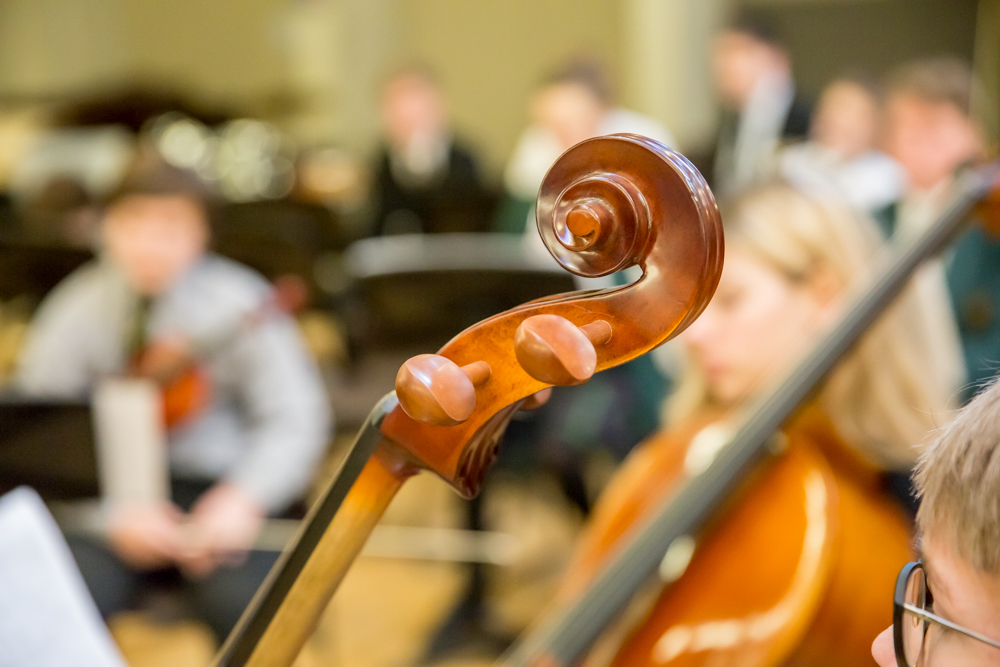Music

Introduction
The A level course is suitable for students who have:
- achieved 7 or higher for GCSE Music (students who have not studied GCSE Music may also be considered if they have passed Grade V Music Theory and have a broad practical experience of performing and composing music)
- achieved Grade V or higher on at least one instrument
- a keen interest in performing, composing and analysing music in a range of different styles
You will study music in an integrated way where the skills of performing, composing and appraising reinforce knowledge and understanding of musical elements, contexts and language. In addition to the appraising examination, you will be assessed in both performing and composing. You also have the opportunity to specialise in either performing or composing.
Appraising Music
You will develop knowledge and understanding of music through three areas of study:
- The Western Classical Tradition
- Rock and Pop, or Musical Theatre, or Jazz
- Into the Twentieth Century
Music A level is respected as a challenging and academic qualification due to the wide range of skills it develops:
- Communication
- Self-management
- Teamwork
- Problem solving
- Application of IT
- Business/customer awareness
- Application of numeracy
A recent study by the University of Nottingham concluded that Music students develop ALL 7 of these skills in the course of their studies and related musical activities.
This helps to explain why Music students are so successful in the employment market!